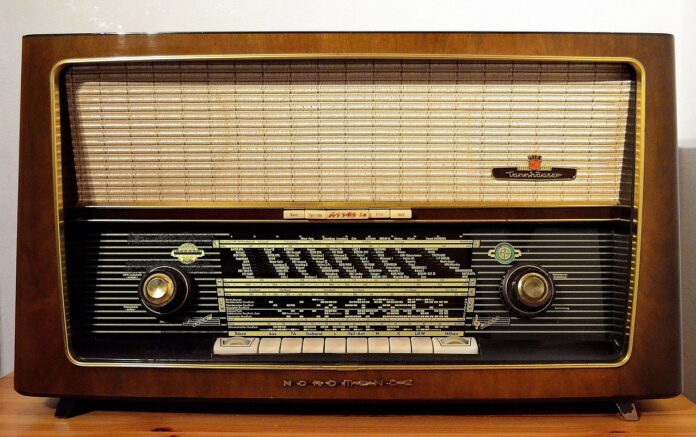Radio, a technology that revolutionized communication in the 20th century, has a rich and fascinating history. From its inception to its widespread use in various fields, radio has played a crucial role in shaping the way information is transmitted and received. Here are some intriguing facts about the development and impact of radio.
Interesting Facts About Radio:
- Marconi’s Transmissions: Marconi made the first successful transatlantic radio wave transmissions in 1901 and 1902.
- Navajo Code Talkers: In August 1942, dozens of Navajo Indians were recruited into the army for radio communication in their native language. Japanese military intelligence often intercepted radio communications but could not decipher them.
- Popov’s Radiogram: In March 1896, Russian physicist Alexander Popov launched the first radiogram, containing only two words: “Heinrich Hertz.”
- Montagnier’s Hypothesis: In 2009, French virologist Luc Montagnier hypothesized that bacteria could produce radio waves, and his research confirmed this possibility.
- Origins of ‘Hacker’: The term “hacker” came from radio stations and was given to people known for breaking codes on secret radio stations.
- Nikola Tesla’s Contribution: The famous Nikola Tesla contributed to the development of radio communication and even applied for a patent for a radio transmitter.
- World War II Dominance: During World War II, radio became the dominant means of transmitting news about the war.
- Emergence of ‘Radio’: The term “radio” appeared only in 1910, decades after its invention. Before that, it was called “wireless communication” and was considered a replacement for the telegraph.
- BBC’s Silent Broadcast: On April 18, 1930, listeners of the British Broadcasting Corporation (BBC) heard no news on the air, only music. As announcers later explained, nothing noteworthy for radio listeners happened that day.
- Electromagnetic Waves: Radio waves, like other electromagnetic waves, arise when excited electrons return to their normal state.
- Internet Radio: Even with the advent of the internet, radio did not disappear; it can be listened to online without any receiver.
- Multitasking: When people listen to the radio, they usually do other things simultaneously. In Russia, about 73% of radio listeners enjoy listening to the radio in the car, and 46% of people listen to the radio in the kitchen.
- Marconi’s First Transmitter: In the 1890s, Guglielmo Marconi created the first practical and convenient radio transmitter and receiver.
- Yuri Levitan’s Broadcasts: The radio broadcasts of the famous announcer Yuri Levitan during the Great Patriotic War were not recorded at the time they were conducted.
- Eiffel Tower’s Preservation: Radio was the reason the Eiffel Tower still stands in Paris. Initially installed temporarily, it was supposed to be dismantled after 20 years.
- First Internet Radio Station: The first internet radio station was “Internet Talk Radio” in 1993, with technologist and writer Carl Malamud as the first radio host.
- Steamship ‘Moses’: At the turn of the 19th and 20th centuries, the steamship “Moses” wrecked. During the rescue operation, radio communication was successfully used for the first time, saving the people on board the sinking ship.
- Early Maritime Use: Until the 1920s, radio was mainly used for communication with ships at sea.
